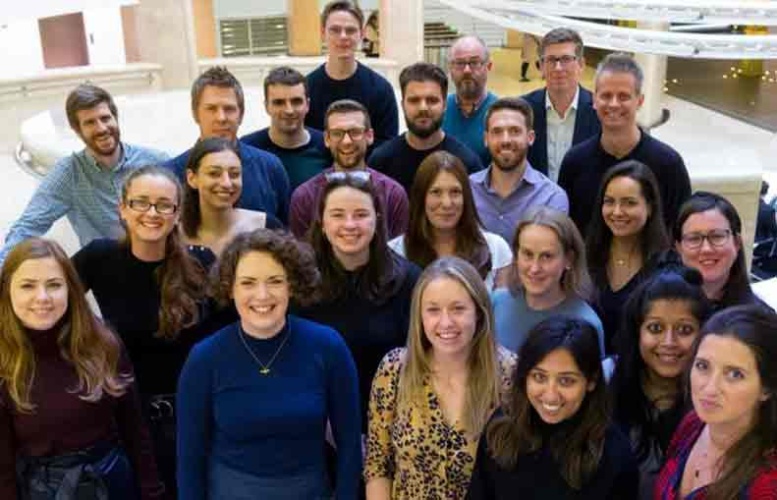
Global communications agency Weber Shandwick is focused on equipping both its managers and employees with the skills to ensure that no member of the workforce, wherever they choose to work, is out of sight or mind.
The agency, which employs around 1,000 employees in the Europe, Middle East and Africa (EMEA) region and is part of the Weber Shandwick Collective network, believes it is important to have the inclusion of each member of staff front of mind in the co-design of their own employee experience.
This includes learning and development opportunities, and different channels for working seamlessly, explains Helen Matthews, executive vice president of human resources and talent, EMEA, at Weber Shandwick. Meanwhile, flexible-working arrangements, which it offers where roles and locations permit, reinforce its commitment to the work-life balance and wellbeing of all employees.
“We need to create a mind-shift towards agile working, as hybrid still feels very binary,” says Matthews. “Regardless, hybrid [working] is here to stay and this is about making it work for everyone, ensuring we continue to be valued and valuable to our clients and to that end, secure our very best talent and provide them with an employee experience they love.”
Each of the organisation’s markets have unique ways of recognising and rewarding their staff, from social meet ups to in-the-moment thank yous, adds Matthews. It is also in the middle of building communities made up of high-potential future leaders across the EMEA region in order to create learning, development and recognition opportunities.
The organisation’s ad-hoc recognitions schemes are based around its values of curiosity, inclusion, courage and impact, and celebrates employees who demonstrate these values in their day-to-day activities.
In December 2022, the agency launched a mobility programme called Access All Areas, allowing employees to move to a different office within its EMEA and Asia Pacific regions temporarily for up to two weeks to get to know a new city. They can also work flexibly from a location of their choice for up to 45 days within a year and permanently relocate to a different country to work. This recognises that some of its hybrid or remote workers who have family overseas might want the chance to live and work closer to them.
According to Weber Shandwick, the programme was designed to amplify the positive aspects of being part of a global network, to give transparency in how to navigate career opportunities, and to have the opportunity to explore geographic mobility.
Along with many other global organisations, the agency has increasingly seen a demand from its workforce for more flexibility and a more creative approach to working, which it has recognised and listened to.
“This has expanded from the obvious pandemic-led working from home, to being able to explore living and working from other locations entirely,” concludes Matthews. “We also know that there’s an increased thirst for knowledge and for experiences that can lead to new skills, career paths and broaden horizons, both literally and figuratively.”